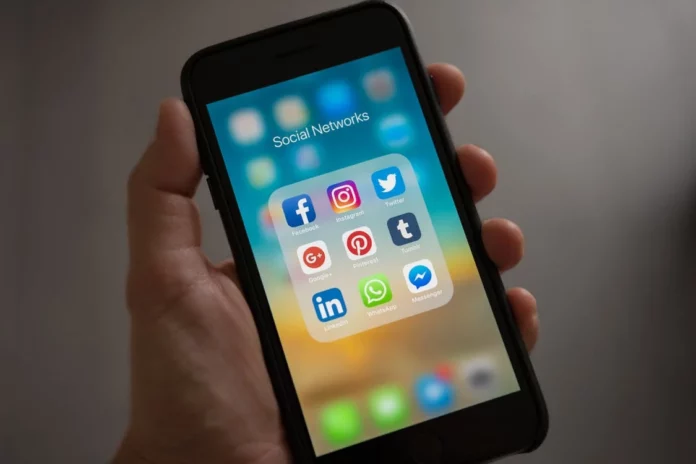Young adults who use social media all the time are prone to developing depression within six months. Moreover, the likeliness does not depend on their personality type. The study is, “Associations between social media use, personality structure, and development of depression”. Furthermore, the co-author of the research was Renae Merrill, a doctoral student, at the University of Arkansas.
Merrill wrote the paper with Brian Primack at Oregon State University and Chunhua Cao, at the University of Alabama.
The authors noted that,
Previous research has linked the development of depression with numerous factors
However, the literature has been lacking in studies that focus on how various personality characteristics may interact with social media use and depression. This new study addressed these important research questions, finding strong and linear associations of depression across all personality traits.
The findings were that people who are amiable are 49% more likely to suffer from depression. Moreover, people with low neuroticism who use social for more than 300 minutes per day were more likely to develop depression.
Sampling and Questionnaire of Social Media Users
The samples were of 1000 US adults between eighteen to thirty. They used the data of 2018 by Primack and his colleagues at the University of Pittsburgh.
Moreover, a health questionnaire was used to measure depression. The measurement was done based on how long they spent on social media platforms. Furthermore, the big five inventory measured personality. It assessed openness, extraversion, neuroticism, and agreeableness.
Other then the findings of the study, it was suggested by the authors that problematic social comparison enhances negative feelings, explaining the increase in the risk of depression with the use of social media. Moreover, it reduces the possibility of in-person interactions or activities.
Merrill said,
Findings from this study are important during a time of technology expansion and integration
Connecting to people virtually may increase the risk of miscommunication or misperception that leads to relationship difficulties and the potential risk of developing mental health problems.
He added,
People have innate emotional needs for social connection and understanding
For example, social media experiences can be improved by becoming more aware of our emotions and our connection with others in various life circumstances. This awareness helps improve relationship quality by simply reaching shared meaning and understanding through more effective communication and concern for others and ourselves. Despite our differences, we have the ability to create a culture of empathy and kindness.




